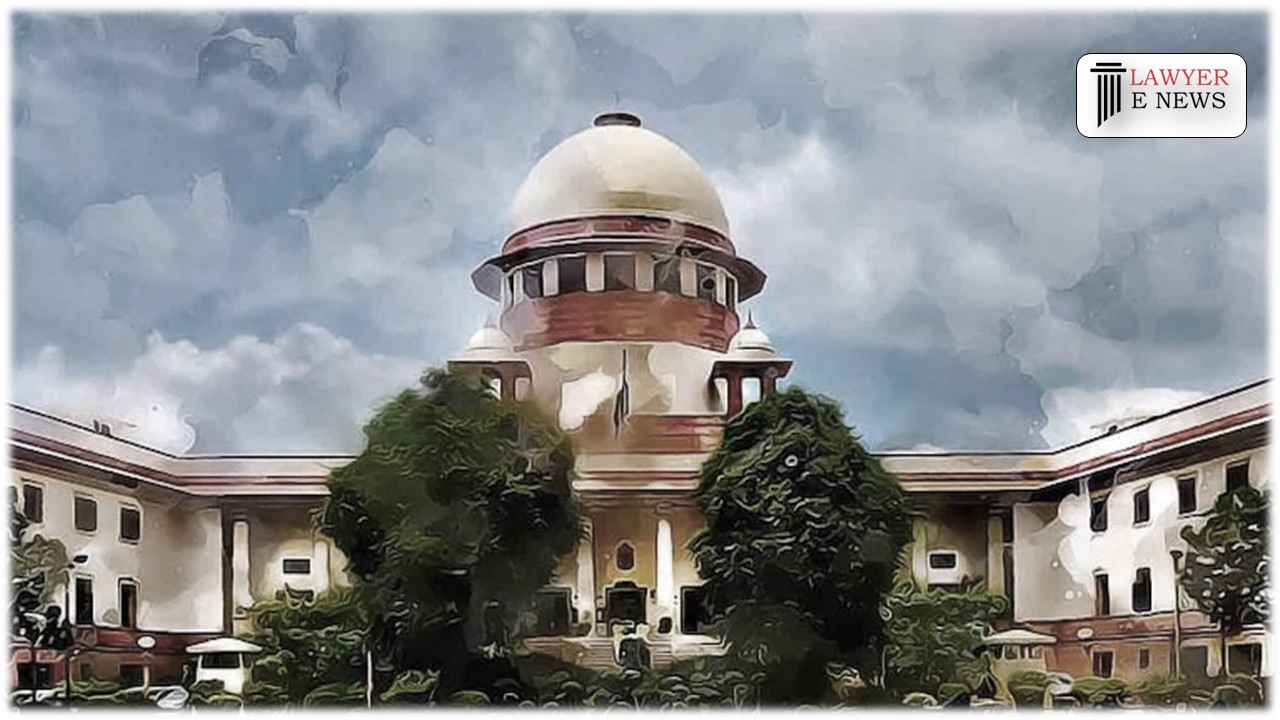-
by Admin
15 February 2026 5:01 PM



The Supreme Court of India, led by Chief Justice Dr. Dhananjaya Y. Chandrachud, emphasized the importance of individual autonomy and constitutional protections in matters concerning personal liberty and the recognition of LGBTQ+ rights.
This case, revolving around a habeas corpus petition, raised critical questions on personal liberty, especially concerning individuals from the LGBTQ+ community. The core issue was whether a woman (‘X’), allegedly detained by her parents, was indeed under illegal confinement, and the extent to which the judiciary should intervene in matters of personal choice and sexual orientation.
The appellant alleged that ‘X’, with whom she shared an intimate relationship, was detained by her parents. The High Court directed an interaction and counselling session for ‘X’, leading to an appeal in the Supreme Court. The case involved sensitive issues related to personal liberty, individual autonomy, and the rights of LGBTQ+ individuals.
Autonomy and Freedom of Choice: The Supreme Court, after considering a report from Ms. Saleena V G Nair, a senior Judicial Officer, acknowledged that ‘X’ was living with her parents of her own volition and dismissed the habeas corpus petition.
Against Influencing Sexual Orientation: The Court expressed concern over the potential influence of court-ordered counselling on an individual’s sexual orientation and identity, stating that courts should not attempt to override the identity and sexual orientation of individuals.
Guidelines for Future Cases: The Court provided comprehensive guidelines for handling similar cases, emphasizing respect for individual’s sexual orientation, gender identity, and the concept of chosen family. These include ensuring non-coercive environments in court proceedings, immediate release if the individual does not wish to return to the detainer, and prohibition of counselling aimed at altering sexual orientation or identity.
Decision: The Supreme Court disposed of the appeal based on the report, reiterating the paramountcy of personal liberty and recognizing the rights of LGBTQ+ individuals.
Date of Decision: March 11, 2024
Devu G Nair v. The State of Kerala & Ors.
